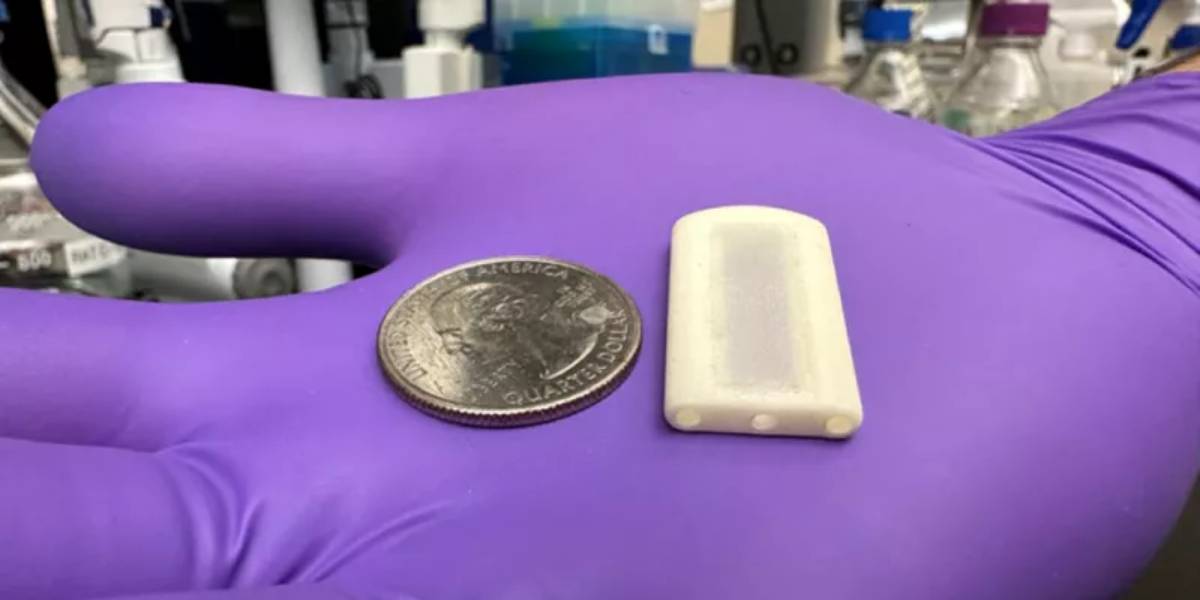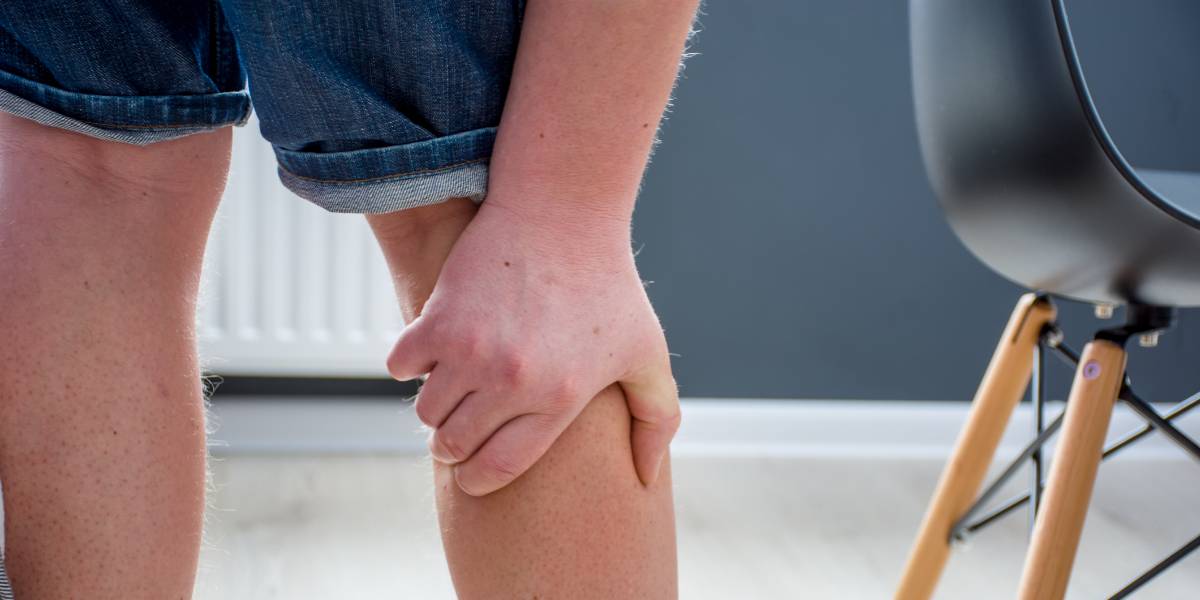A wafer-thin device “could change the paradigm” of how people living with type 1 diabetes are treated, academics have said.
Research by Houston Methodist has found that a 3D printed device called the NICHE improves glucose levels and removes symptoms associated with type 1 diabetes.
Additionally, the quarter-sized device prevents severe adverse effects of anti-rejection therapy by automatically dispensing immunosuppressive drugs when transplanted islet cells are detected.
- Type 1 diabetes risk increased by popular prescription drug, research suggests
- Parents of children with type 1 diabetes struggling to get appropriate care at school
Most people living with type 1 diabetes are treated with daily insulin injections, however some people still struggle to manage their condition.
Individuals who undergo an islet cell transplantation face a lifetime of taking immunosuppressive drugs to prevent transplant rejection.
People taking these drugs are more likely to develop certain transmissive diseases and specific cancers, the study has reported.
The NICHE is located below the skin and comprises a cell reservoir for the islets and a surrounding drug reservoir for localised immunosuppression therapy.
According to the report, the NICHE is the first platform to combine direct vascularisation and local immunosuppression into a single, implantable device for allogeneic islet transplantation and long-term type 1 diabetes management.
- FDA approves first-ever drug to delay onset of type 1 diabetes
- Speak to other people with type 1 diabetes
First author Dr Alessandro Grattoni said: “A key result of our research is that local immunosuppression for cell transplantation is effective.
“This device could change the paradigm of how people are managed and can have massive impact on treatment efficacy and improvement of an individual’s quality of life.”
The study has been published in the journal Nature Communications.
Photo: Houston Methodist






